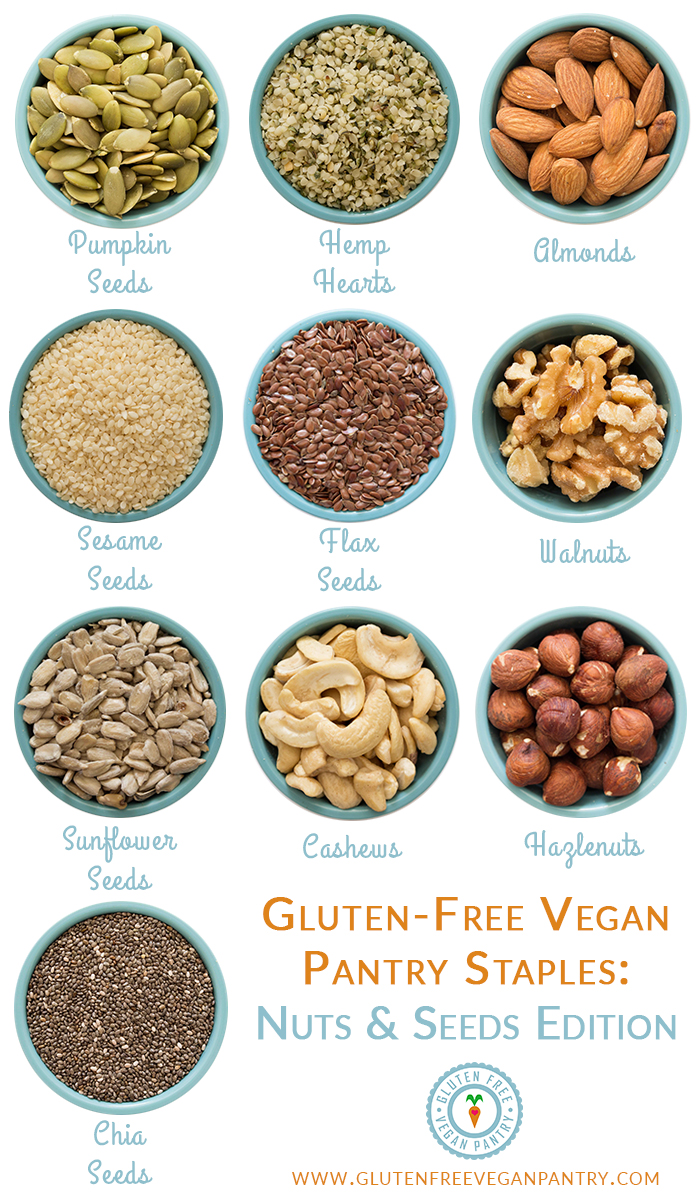 One of the most common questions I receive, both from my readers and my friends, family and colleagues in real life is “what’s in your cupboards?”. It’s that one burning question that instantly pops up after I mention to someone that I focus on a gluten free vegan diet – well, after the obligatory “where do you get your protein?” question, anyways.
One of the most common questions I receive, both from my readers and my friends, family and colleagues in real life is “what’s in your cupboards?”. It’s that one burning question that instantly pops up after I mention to someone that I focus on a gluten free vegan diet – well, after the obligatory “where do you get your protein?” question, anyways.
So today I thought I would share the first of three posts that I’ve created about Gluten Free Vegan Pantry Staples. This first post will focus on nuts and seeds and will feature items that I always have on hand in my kitchen. In fact, each of these photos was taken of my own stash of each of these important pantry staples.
File this post away in your bookmarks – it’s chock full of nutrition, storage and usage tips that are sure to be an invaluable reference.

Chia Seeds
Chia seeds are one of my favourite things to keep on hand, especially since they are so versatile! Chia seeds have recently exploded on the health scene and for great reason – chia seeds are nutrient dense, loaded with antioxidants and are high in fibre, protein and omega-3 fatty acids. One serving of chia seeds (3 Tbsp) contains 44% of your recommended daily intake (RDI) of fibre, 10% of your protein RDI, 20% of your calcium RDI and 15% of your iron RDI. Add in the fact that they are also vegan and gluten free and that’s a whole lot of goodness!
The new popularity of chia seeds means that they are often easy to find now. We purchase ours either in bulk from The Bulk Barn, which are certified GMO free and gluten free, or from Costco where we purchase Nature’s Intent: Organic Chia Seeds, which are also GMO free and gluten free.
Chia seeds can be sprinkled on basically anything – they’re a superfood! Toss them on yogurt, replace an egg in baking recipes, use them to make crackers or whip up a delicious batch of my 4-Ingredient Vanilla Chia Seed Pudding! Chia seeds should be stored in a cool, dry location. If you make a meal of the seeds, this should be stored in the fridge to maximize the freshness.

Flax Seeds
Next up on the super foods list: Flax Seeds! Similar to chia seeds, flax seeds are also high in fibre and omega-3 fatty acids.
Our go to at home is Bob’s Red Mill Flax Seed which, thanks to the popularity of this brand now, you can pick up at most grocery stores. Bob’s Red Mill is also available in a Ground Flax Seed
version, which is super handy to have around, especially since I use it as my go to egg replacer (1 Tbsp ground flax to 3 Tbsp water).
Flax seeds are another great ‘topper’ – just toss them onto salads, smoothies and yogurt or sprinkle them on top of cookies or muffins right before you pop them into the oven. Flaxseeds should be stored in a cool, dry location. If you opt for the ground flax seeds, this should be stored in the fridge to maximize the freshness.

Hemp Hearts
Hemp Hearts are a recent addition to my pantry and now that they’re there, I’m not really sure how my life was ever complete without them! I’ve really been trying to increase the amount of protein in my diet, at the suggestion of my naturopath, and hemp hearts are such an easy way to increase my daily protein intake. Following along on the super foods train, hemp hearts are also fantastic source of Omega-3 and -6 fatty acids – in fact, hemp hearts contain more protein and omegas and less carbs than the same serving of Chia or Flax seeds! Hemp hearts are also an excellent source of Magnesium and Manganese.
The brand we use at home is Manitoba Harvest Hemp Hearts which we pick up at Costco, but they’re readily available at most large grocery stores in the health foods section. These hemp hearts are delicious, Non-GMO project certified and you can feel even better by supporting an awesome Canadian company! Hemp hearts should be stored in a cool, dry place, but if you really want to get the most life out of your hemp hearts, Manitoba Harvest suggests storing in your freezer, which extends the shelf life to 8 months past the best before date.

Raw Sunflower Seeds
Raw sunflower seeds are bursting with flavour and are super versatile. An excellent alternative for those with nut allergies, raw sunflower seeds can be used to make your own sunflower butter, added to cracker recipes, tossed on a salad for extra crunch and nutrition or just eaten by the handful for a quick snack.
Another great source of fibre, sunflower seeds are also incredibly high in Vitamin E (1/4 cup contains 82% of your RDI), which means that sunflower seeds have excellent anti-inflammatory benefits. Sunflower seeds can also help to lower cholesterol and contain cancer preventing selenium.
Our go to source to purchase raw sunflower seeds is the Bulk Barn, where you can also purchase sunflower butter in case you don’t have the time to make your own at home. Similar to above, sunflower seeds should be stored in a cool, dry location.

Raw Almonds
Raw almonds are a must in any gluten free vegan pantry. They can be snacked on as is, roasted for extra flavour, used to create many raw dishes, made into almond milk, turned into a batch of almond butter, ground into almond meal or flour…the opportunities are endless!
Almonds contain many healthy fats and are a great source of Vitamin E, magnesium and potassium. When enjoying any kind of nuts, be sure to keep an eye on how many you consume as most are relatively high in calories and they add up quick as you munch on them by the handful. They also provide many heart health benefits and can even help you lose weight, when incorporated into a balanced diet. Check out this great article about all of the health benefits of eating almonds.
Similar to the raw sunflower seeds, we also purchase our raw almonds from the Bulk Barn. Keep an eye out for coupons in their flyer and special sales so that you can save a bit on the cost of these. Almonds should be stored in a cool, dry location to maximize freshness.

Raw Cashews
Raw Cashews are, hands down, my number one favourite gluten free vegan pantry staple. We like to make our own homemade trail mix frequently to take to work as a snack and these raw cashews are a great, not to mention nutritious, addition. Raw cashews are probably about as versatile as raw almonds, if not more so. Just like almonds, cashews can be used to make cashew milk and cashew butter. They can also be used to create vegan sour cream, raw vegan cheesecakes, raw vegan icings and vegan cheeses. They’re also super tasty in my Spicy, Salty, Sweet Roasted Chickpeas recipe. Cashews are basically the handiest ingredient to have on hand as a vegan since they can be added to just about anything!
Similar to almonds, eating cashews is good for your heart. Cashews have a lower fat content than most other nuts and are also high in unsaturated fatty acids. Cashews are also an excellent source of copper and magnesium, both of which help to contribute to bone health.
We buy our raw cashews from Frescho grocery stores, where raw cashews can be found in the International foods aisle for a very competitive price. While Freschco is usually cheaper than Bulk Barn, they don’t always have stock unfortunately, so we try to stock up whenever we see them on the shelf. If in a pinch, the Bulk Barn is our back up store to buy raw cashews, especially since you can regulate how much or how little you wish to purchase. Just like the other nuts we keep on hand, cashews should be stored in a cool, dry location.

Raw Pumpkin Seeds
Next up on the raw train: Pumpkin Seeds! Also known as pepitas, raw pumpkins seeds are one of my favourite things to use when baking. These crunchy, delicious seeds are great to add to cookie and muffin recipes, helping to increase the nutritional value of your recipes. Raw Pumpkin Seeds can be used to make granola, pestos, tossed onto salads, added to granola bar recipes, or roasted on their own for a crunchy on the go snack.
Pumpkin seeds have a whole slew of health benefits – they’re high in heart healthy magnesium, contain zinc for immune support, are a great source of omega-3 fats and have long been valued for their prostate health. For any of my male readers out there, this is great news! To read more about nine amazing health benefits of including pumpkin seeds in your diet, check out this article.
Once again, the Bulk Barn makes another appearance as our main source for raw pumpkin seeds. To maximize freshness, pumpkin seeds should be store in an airtight container in your refrigerator.
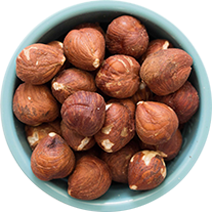
Hazelnuts
So hazelnuts are basically on this list for one main reason: Vegan Nutella! Just because you’ve cut out dairy doesn’t mean you can’t still enjoy this delicious chocolate goodness. Sure, there are lots of other cool things to do with hazelnuts but making vegan nutella is definitely my favourite use for them. Hazelnuts can be used for cookies, cheesecakes, sweet breads, cakes and even hummus!
From a nutritional standpoint, hazelnuts are high in fibre, vitamin E and folate and contain minerals such as copper, manganese and iron. Get the full low-down on hazelnuts and their nutritional benefits here.
While we like to keep hazelnuts on hand, we don’t buy them too often (unless we’re having a nutella marathon). As such, we usually just pick them up in the baking section of our local grocery store. Depending on where you shop, hazelnuts may also be packaged as filberts. Again, hazelnuts should be stored in a cool, dry location.

Sesame Seeds
Sesame seeds are another versatile pantry staple that is used in all sorts of dishes in our house. Sesame seeds can be used in breads, salads, granola, stir frys and crackers. Similar to hemp hearts or chia seeds, sesame seeds can also be sprinkled on basically any dish to help amp up the nutrition. Sesame seeds are rich in beneficial minerals: copper, manganese, selenium, calcium and iron, just to name a few. One quarter cup of sesame seeds contains 163% of the RDI of copper – that’s huge! As such, sesame seeds have great anti-inflammatory properties, particularly as it relates to rheumatoid arthritis. Who knew?!
For some reason, we have an abundance of sesame seeds in our house – like probably a pound’s worth. Not really sure why, but, there ya have it. Our sesame seeds typically just come from the spice section of our local grocery store and we usually just buy the store brand version to save a couple bucks.

Walnuts
Walnuts are another excellent nut to keep stocked in your gluten free vegan pantry. With a rich, distinct flavour, walnuts are an excellent way to spice up a wide variety of dishes. They can be used to make crusts for pies, cheesecakes and other raw desserts, they can be blended into a pesto, roasted to eat on their own, thrown onto a salad or baked into cookies and muffins, just to name a few uses.
Walnuts are particularly high in healthy Omega-3 fats, can help to reduce breast cancer, contain a unique form of vitamin E and have excellent cardiovascular health benefits.
Furthering a common pattern of this post, we purchase our walnuts from the Bulk Barn (I swear, we don’t own shares in the store!), once again allowing us to control how much we buy at any given time. Nuts, in general, can be quite pricey, so definitely take advantage of coupons, sales events and special discount days (students and seniors, for example) that you may qualify for.
I hope you find this list useful as to start to build or expand on your own gluten free vegan pantry. I’ll try to update this list from time to time with other nuts and seeds that we find useful to keep on hand at home.
As I mentioned at the top of this post, the next two parts of this series will include a post on Beans & Legumes and Grains & Flours so stay tuned for those helpful resources.
What are your go to nuts and seeds for the recipes that you love? Let me know in the comments below, I would love to hear from you!
Lots of love & happy eats,
Savanna
*Nutrition Disclaimer
I am not a registered health care provider. Each individual’s dietary needs and restrictions are unique; if you have concerns, always check with your doctor/dietician/naturopath before introducing new foods into your diet. The information provided above is to the best of my ability, citing sources where needed. Individuals are ultimately responsible for all decisions pertaining to their health.
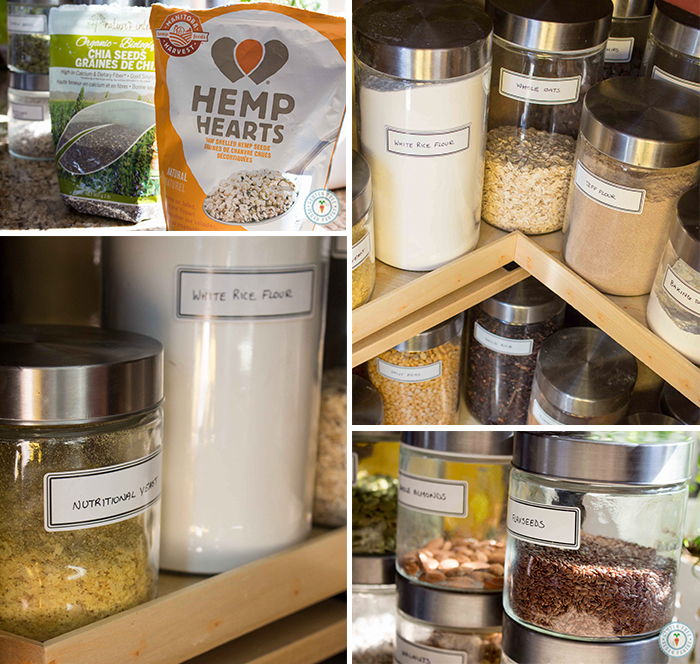
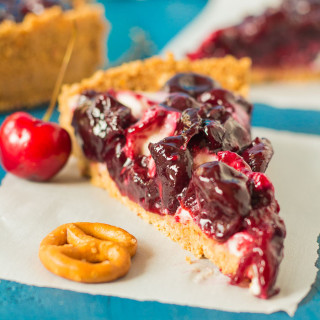
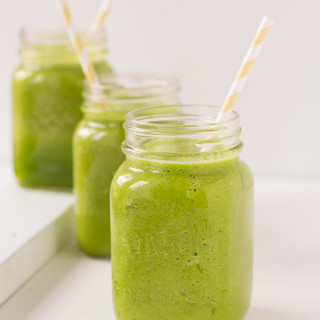
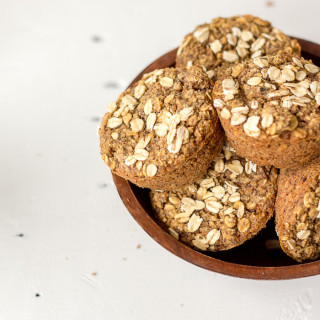
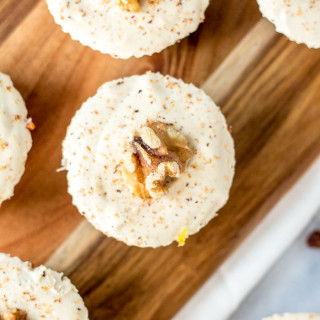
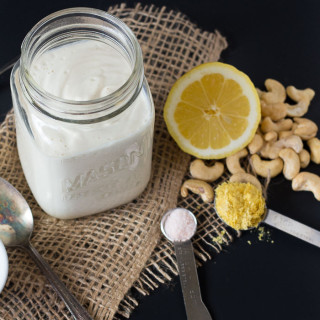
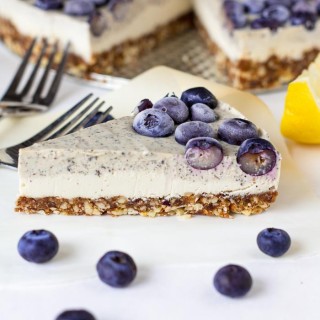
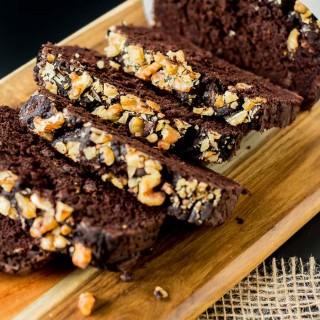
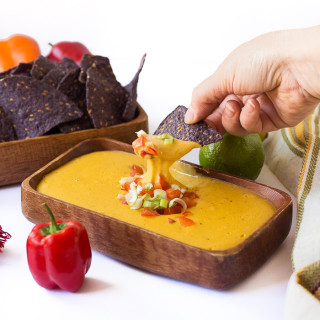
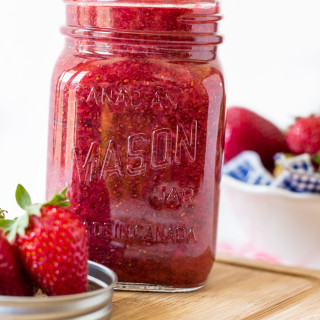
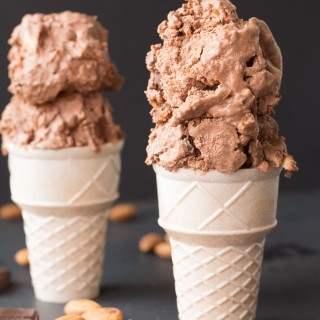
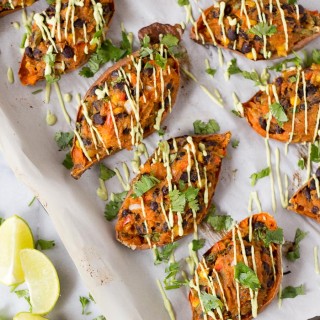
Thanks for another great read – I had no idea Pepito’s were so beneficial, or that sesame seeds were such a great anti-inflammatory! Upping the use of both of these starting today. Love the blog!
Thanks for all your support, Robin – it means the world!
I also had no idea how beneficial some of my pantry staples were from a health perspective until I really sat down to start the research for this post. Sure, you hear about how this or that is really good for you and you should eat more of it but when you’re presented with the actual facts, it’s incredibly eye opening!
Glad you’re enjoying the blog so far – I have some really tasty posts lined up in the next little bit that I’m sure you’ll love!